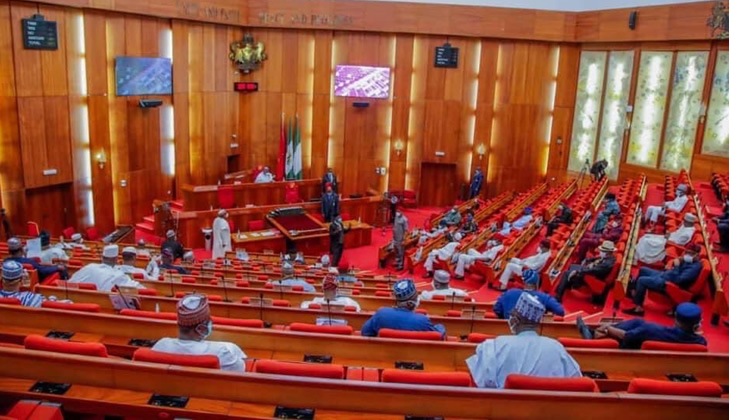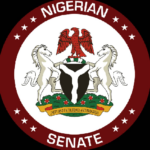The Senate Wednesday approved $1.5bn and €995m external borrowings for the Federal Government.
This followed the consideration and adoption of the report of the Senate Committee on Local and Foreign Debts, chaired by Senator Clifford Ordia.
- NNPC increases daily PMS supply to 1,661 to tackle fuel queues
- One year after, a foul murder tears two Bauchi neighbours apart
The loans were part of the external borrowings President Muhammadu Buhari had, in May 2020, asked the Senate to approve to finance various priority projects of the Federal Government and to support the state governments facing fiscal challenges.
Ordia, while presenting the report, said $1.5bn would be sourced from the World Bank to finance projects of state governments facing fiscal challenges arising from the COVID-19 pandemic.
The projects, according to Ordia, are States Fiscal Transparency, Accountability and Sustainability program to provide fiscal support to states (SFTAS) and COVID-19 Action recovery and economic stimulus program to support State-Level efforts to protect livelihoods, ensure food security and stimulate economic activity (N-CARES).
The €995m to be sourced from the Export-Import Bank of Brazil is to finance the Federal Government’s Green Imperative Project to enhance mechanization of agriculture and agro process in Nigeria to improve food security.
Ordia noted that the borrowings were largely concessional loans with low interest rates and a reasonable moratorium and payback period.
He said: “The committee most importantly notes that the indicative terms and conditions under which the loan will be borrowed, there are no unusual or onerous conditions attached and the terms do not in any manner compromise the sustainability of the Nigerian economy or impugn the integrity and independence of Nigeria as a sovereign nation.
“The committee finally notes that the Loan is in the immediate best interest of the Nigerian State and its citizens in dealing with the COVID-19 pandemic in a way that the economy will be positioned for quick recovery and resume growth.
“The committee notes that while Nigeria’s Total Public Debt Stock is on the increase, it is still relatively low vis-a-vis the country’s GDP and the increased borrowing requirements is needed to sustain the economic recovery.”

 Join Daily Trust WhatsApp Community For Quick Access To News and Happenings Around You.
Join Daily Trust WhatsApp Community For Quick Access To News and Happenings Around You.


